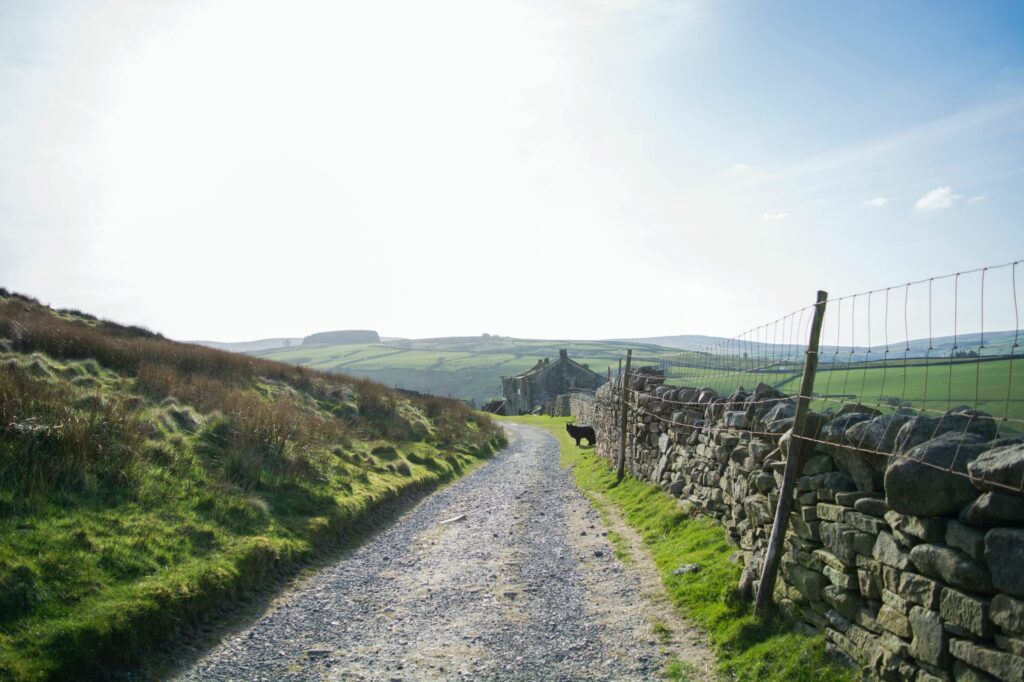If you were not prepared financially for the first wave, then that is understandable. However, being prepared for a second wave is critical.
So, what can we do?
Do not rely on the Government
When the infection first reached the UK, the government was quick to step in and help people financially through various schemes. However, if another wave occurs, we cannot expect the same level of treatment. The UK government has already spent £190bn to support public services, businesses, and individuals, according to the Treasury. To provide this financial support they have had to take on a huge amount of debt.
Unfortunately, there is only so much that the government can borrow. If they end up borrowing too much, then they risk not being able to pay back lenders. The furlough schemes which were covering 80% of our wages are no longer likely to be granted to us again. Any money we do receive will most likely be a lot less than the first time around. We may potentially not receive anything at all.
Have an emergency fund
When many businesses such as restaurants, bars and shops were forced to shut it meant for many of us our spending decreased. For some, this meant we had extra savings left over each month. These extra savings can be put into an emergency fund if you do not already have one.
You should aim to be able to cover three to six months of living expenses. If you’re concerned about losing your job, then you should aim for the six-month mark or more.
Building an emergency fund could prove invaluable if your income is affected during a second wave of Covid-19. Not only will it help cover your expenses, but it will keep you from turning to credit and going into debt.
Stick to a budget
Make sure you are tracking all your spending and allocate where your money needs to go each month. This will help clarify what spending is essential and allow you to cut back and save money.
Creating a specific budget for emergencies such as a potential second wave of Covid-19 is a sensible idea. This will allow you to decide how your money needs to be spent, in case of an unexpected reduction in household income.
Now is the time to start saving on outgoings and avoiding unnecessary purchases. Put the money you save each month away into savings or an emergency fund.
Save to invest
One of the biggest takeaways we can take from Covid-19 is the importance of obtaining financial independence.
Unfortunately, in today’s environment, it is not just enough to save money. Interest rates are at an all-time low and savings accounts will not help grow your money anymore. To grow our wealth, we must invest. Investing for the long term will build and grow your wealth, helping you become financially independent.





